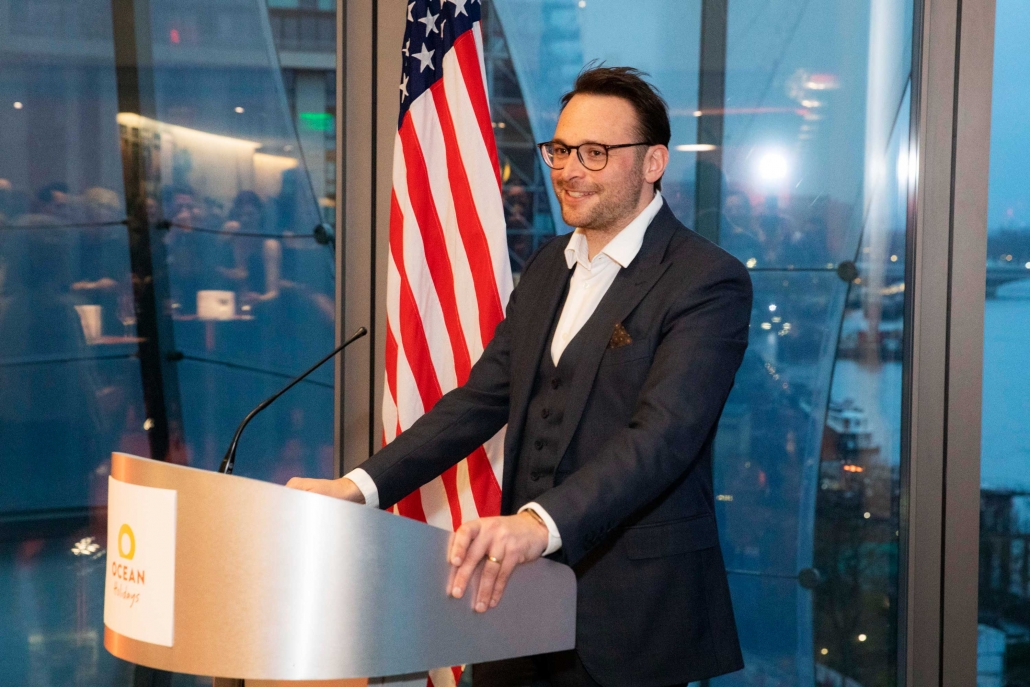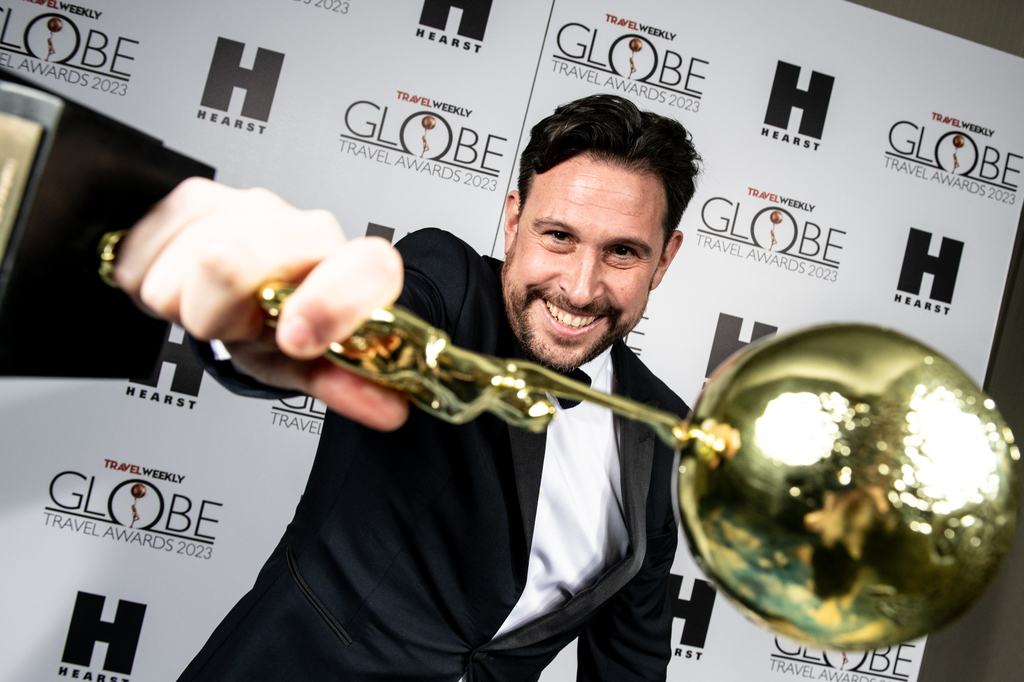Ocean Holidays Wins Inaugural Travel for All Award at the Travel Weekly Annual Globe Awards
We were delighted to win the inaugural Travel for All Award at the Travel Weekly Globe Awards last night at London’s Grosvenor House Hotel.
The award recognises and honours a travel company which has excelled in ensuring its product is truly inclusive and accessible. The judges selected us following rigorous testing of both our website and our dedicated accessibility hub, as well as conducting mystery calls to assess the knowledge and service of our sales team and their dedicated Accessibility Champions.
Our Co-Founder and Co-CEO, Harry Hastings, was on hand to pick up the award last night and said, “It feels fantastic to be recognised in this way and I’m so proud of the team. We’ve worked hard to embed a culture, and this is proof that the hard work is worth it. What makes it even sweeter is the fact it was our 20th-anniversary last year, which saw us undergo a brand refresh. Of course, good sales during peaks are a priority right now but equally to take a step back and be recognized for the work we are doing in striving to make holidays accessible for all helps put into context the importance of making really great holidays available to everyone.”
Our dedicated accessibility programme was launched in November 2022 and reported £8 million in sales in its first year. Spearheaded by Director of Product and Commercial Anna-Maria Janssen, the programme takes a holistic approach and considers both visible and hidden disabilities.
Janssen said of the award win, “I couldn’t be prouder of this award, and this is a testament to the hard work of the entire company in our mission to redefine all-inclusive and make holidays accessible for all. We pride ourselves on our service and we have spent a huge amount of time training our accessibility champions within the business, streamlining our processes and systems, ensuring we are able to provide the holiday of a lifetime for everyone. We are thrilled with the success of the programme so far and will continue to evolve and develop this.”
For more information about our accessible holidays, visit https://www.ocean-florida.co.uk/accessible-holidays/ to speak with an accessibility-trained agent or to make an enquiry today.




